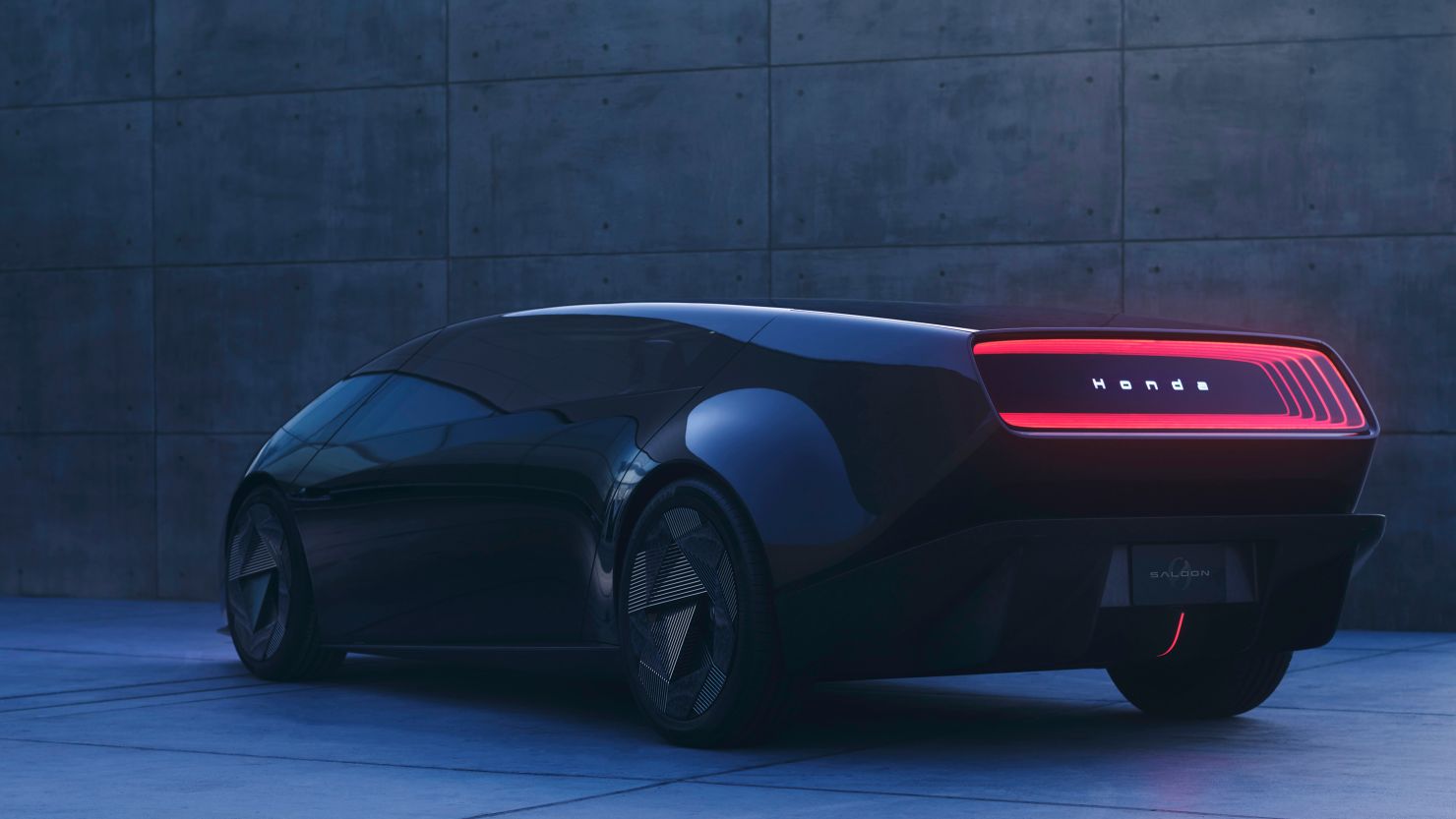CPOpen: Your Gateway to Current Affairs
Stay updated with the latest trends and insights across various topics.
Electric Cars: The Silent Revolution on Wheels
Discover the game-changing world of electric cars and join the silent revolution transforming our roads—your future on wheels awaits!
Top 5 Benefits of Switching to Electric Cars
Switching to electric cars offers numerous advantages, with the most significant being environmental impact. Electric vehicles (EVs) produce zero tailpipe emissions, which helps reduce air pollution and contributes to a cleaner, healthier planet. Additionally, many EVs are powered by renewable energy sources, further decreasing their carbon footprint. This shift towards sustainable transportation is crucial in the fight against climate change, making it an essential choice for eco-conscious consumers.
Another substantial benefit of transitioning to electric cars is the cost savings they provide. Although the initial purchase price of an EV may be higher than that of a traditional gasoline vehicle, the long-term savings on fuel and maintenance can be significant. According to estimates, electric cars can save drivers thousands of dollars over their lifetime through lower energy costs and decreased upkeep needs, as EVs have fewer moving parts and do not require oil changes.

How Electric Cars Are Changing the Future of Transportation
The rise of electric cars is fundamentally transforming the landscape of transportation. As society becomes increasingly focused on environmental sustainability, electric vehicles (EVs) emerge as a viable alternative to traditional gasoline-powered cars. With advancements in battery technology and charging infrastructure, EVs are not only more accessible but also more practical for everyday use. This transition is expected to lead to a significant reduction in greenhouse gas emissions, thereby contributing to cleaner air and a healthier planet.
Moreover, the adoption of electric cars is reshaping urban planning and public transport systems. Cities are now focusing on creating smart transportation networks that integrate electric vehicles with public transit options. As more people switch to EVs, the demand for charging stations is driving innovations in urban infrastructure. This shift not only enhances the convenience of owning an electric car but also encourages the development of renewable energy sources like solar and wind, furthering the sustainability goals of urban areas.
What You Need to Know Before Buying Your First Electric Vehicle
As electric vehicles (EVs) continue to rise in popularity, there are several key factors you should consider before making your first purchase. First and foremost, understanding the total cost of ownership is essential. This includes not only the initial price of the vehicle but also ongoing expenses such as charging costs, maintenance, and potential tax credits or incentives available in your area. Research different models to compare their efficiency, battery life, and warranty coverage, as these aspects can significantly affect your long-term investment.
Another crucial point is to assess your daily driving needs. Many new EV buyers are surprised to find that range anxiety can be a significant concern. It’s important to evaluate how far you typically drive daily and whether an EV will meet your lifestyle requirements. Consider the availability of charging stations in your area and at your workplace. You might also want to install a home charging station, which can provide added convenience. By carefully reviewing these factors, you can ensure that your transition to an electric vehicle is smooth and satisfying.